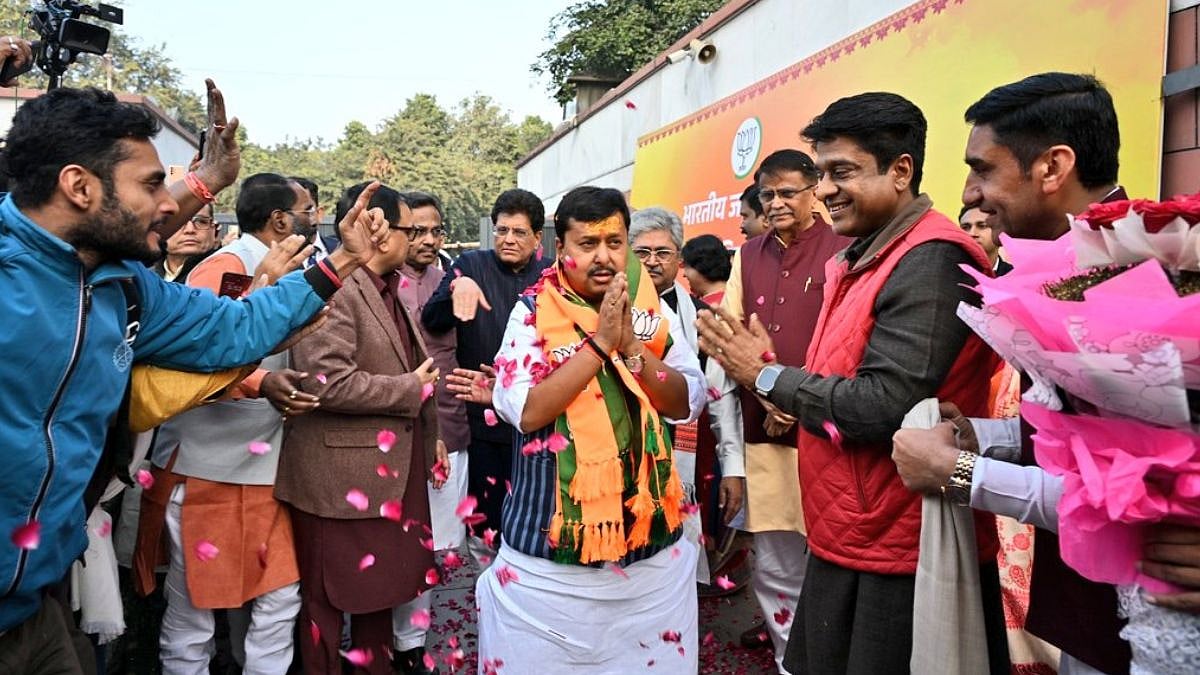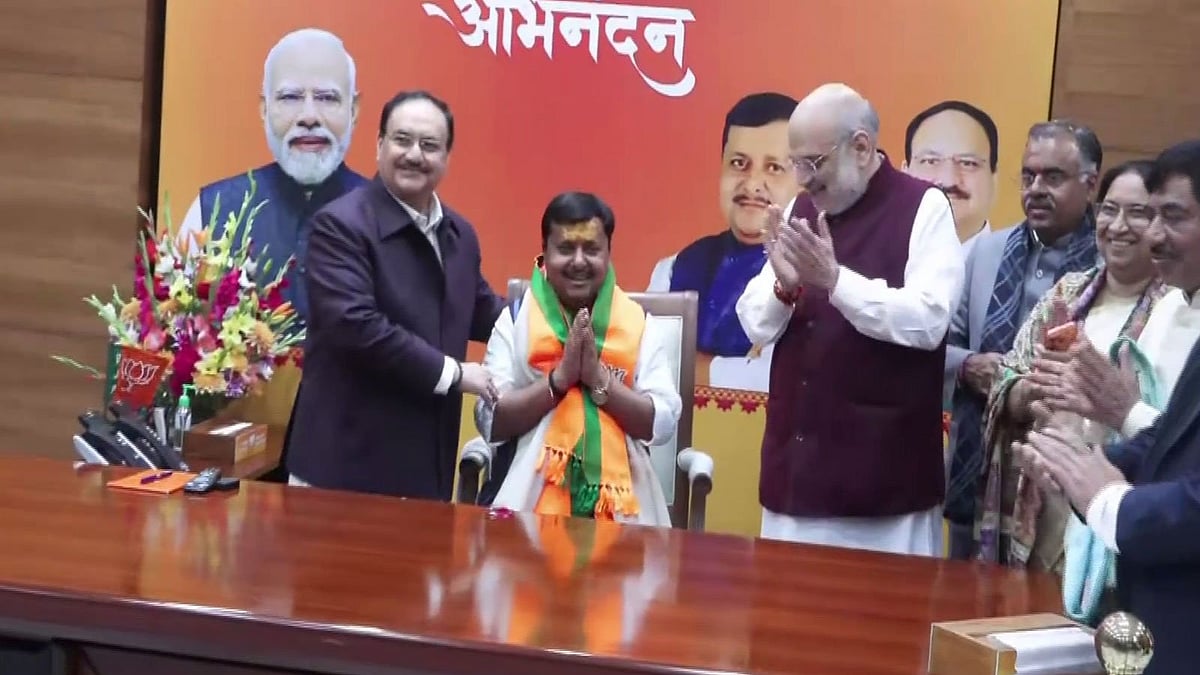The signing of the Basic Exchange and Cooperation Agreement on sharing geospatial intelligence with the US at the 2+2 dialogue between the defence and foreign ministers of the two countries in New Delhi on Tuesday marks another milestone in closer ties between the two largest democracies in the world. The BECA, which was under discussion for close to 30 years, would give the Indian military a sharper edge, relying on satellite imagery gathered by the US for pinpointing ballistic missiles accurately at the intended target.
Three other foundational agreements, dealing with the protection of intelligence shared by the US and logistics support between the two countries were signed earlier. By itself, the agreements bolster the capability of the Indian armed forces to put to use their resources to the optimum effect, with specific military-grade information from the US. But they also signal a larger objective insofar as India seems to have at long last shed squeamishness over being seen as too close to a foreign power, lest its self-proclaimed image as a non-aligned nation be compromised.
In this age of multi-polarity and multiple agreements in the strategic and security space, it was high time India shed the wasteful baggage of the Nehurvian decades. At that time, whatever the pretence, we were more or less aligned with the erstwhile Soviet Union in matters of defence, sourcing the bulk of our military hardware from that nation. Admittedly, thanks to the altered security scenario following the rise of an assertive China, President Bush granted India a civil nuclear deal, which Prime Minister Manmohan Singh was good enough to embrace despite mulish opposition by the Communists.
Contrary to the perception peddled by the left-liberal doctrinaire megaphones, ordinary Indians are welcoming of closer ties with the West in general and the US in particular. Since the Chinese threat has become front and centre of public discourse, cooperation between Washington and New Delhi is met with ready approval. Thanks to the near-unanimity in the security community in the US, of late, various US administrations have sought to enlist India as a partner in its overall security planning for the region.
That the US Defence Secretary and Secretary of State should come down to New Delhi for an in-person 2+2 dialogue with their Indian counterparts, especially at a time when the US is in the midst of a sharply contested presidential poll, underscores the significance of growing cooperation between the two countries. Of course, despite their insistent homilies to India to steer clear of alliances, it is none of China's business who this country befriends, to advance its own national security interests.
The commitment to a free and open Indo-Pacific by the visiting US Secretary of State Mike Pompeo in New Delhi was a clear and loud message to China to behave as a responsible member of the global community, instead of flexing its muscle and bullying its maritime and land neighbours. No nation is ready to put up with such roguish conduct any more. After the recent Malabar exercise in which Australia too joined this year, India should give the Quad more teeth, especially when its objective is to safeguard peace in the region, rather than to cast an evil eye on neighbours’ land and maritime assets.
Indeed, should strategic and defence cooperation between the two countries prove gainful, in time the US should consider partnering India at a greater scale in tech and trade as well. Now that it has realised its folly in turning China into a global factory with it shifting much of its manufacturing and intellectual property assets to that country --- it did so in the vain hope that a prosperous China would turn its back on authoritarianism --- it should consider embracing India for greater trade and manufacturing cooperation.
India is a vibrant democracy, though it suffers from a confused approach to foreign capital and investment --- as testified by its suicidal decision to appeal against the Vodafone award and to dishonour the Singapore arbitration order in the case of the Future-Reliance deal. Socialist-era cobwebs are a big mental block in paving the way for smoother trade and tech ties with the US which hold the promise of India gaining enormously from the shift of big business to its shores from China. As in the strategic sphere, it is time economic policy-makers too discarded the old shibboleths of our unproductive socialist past.









